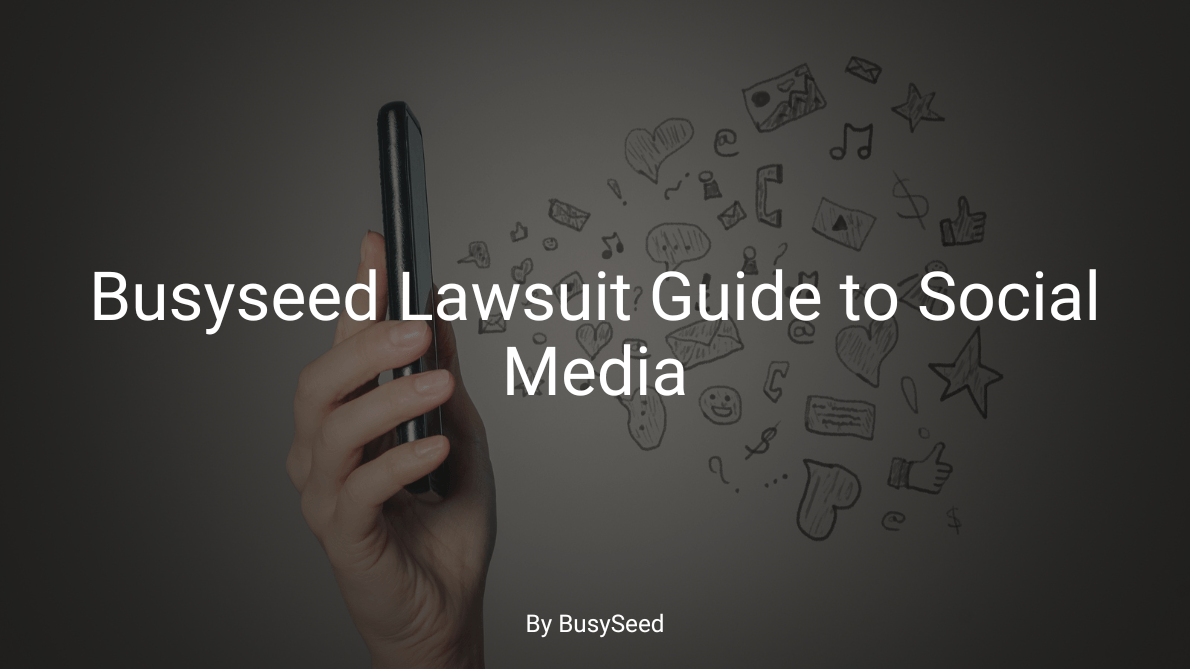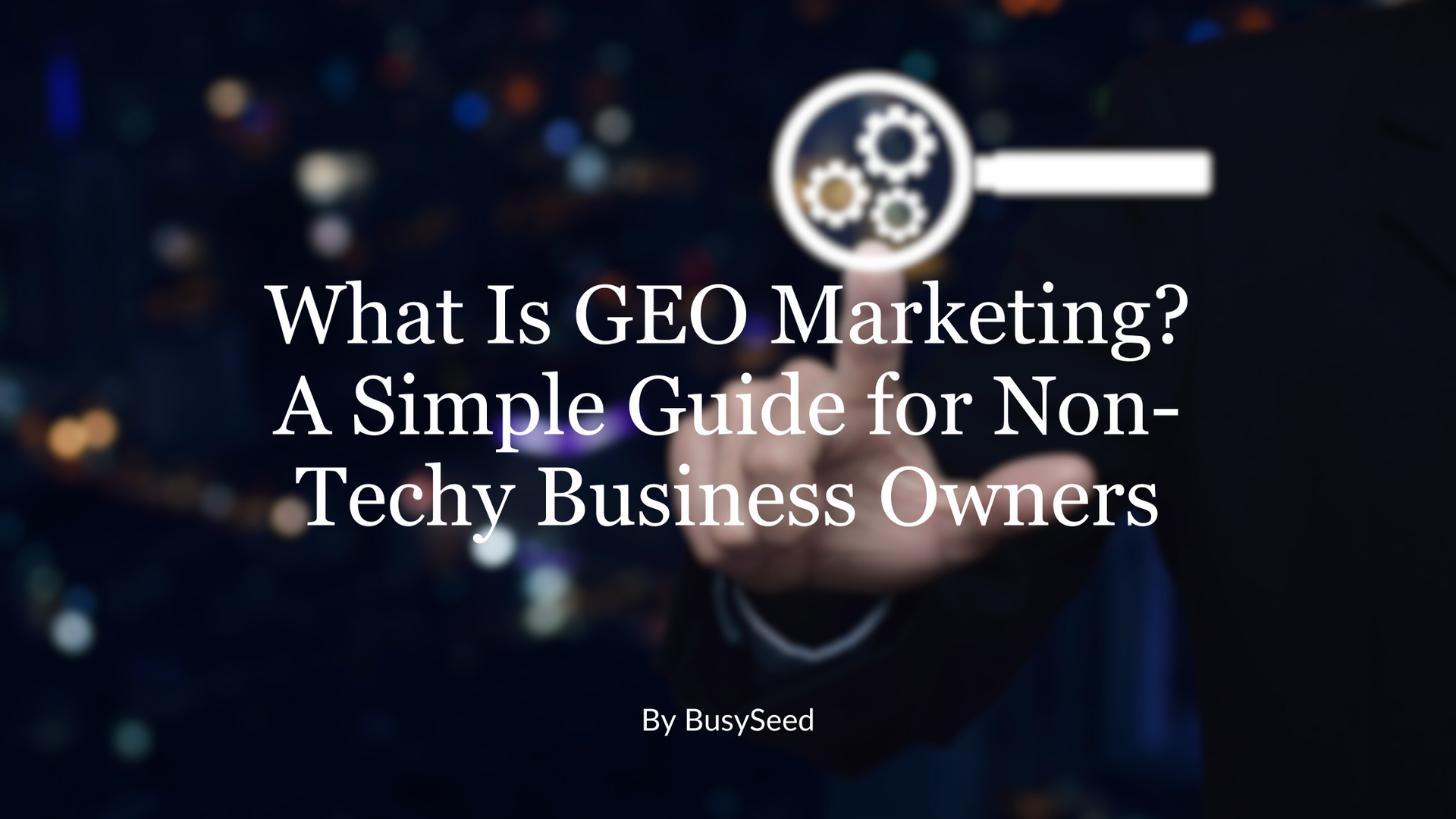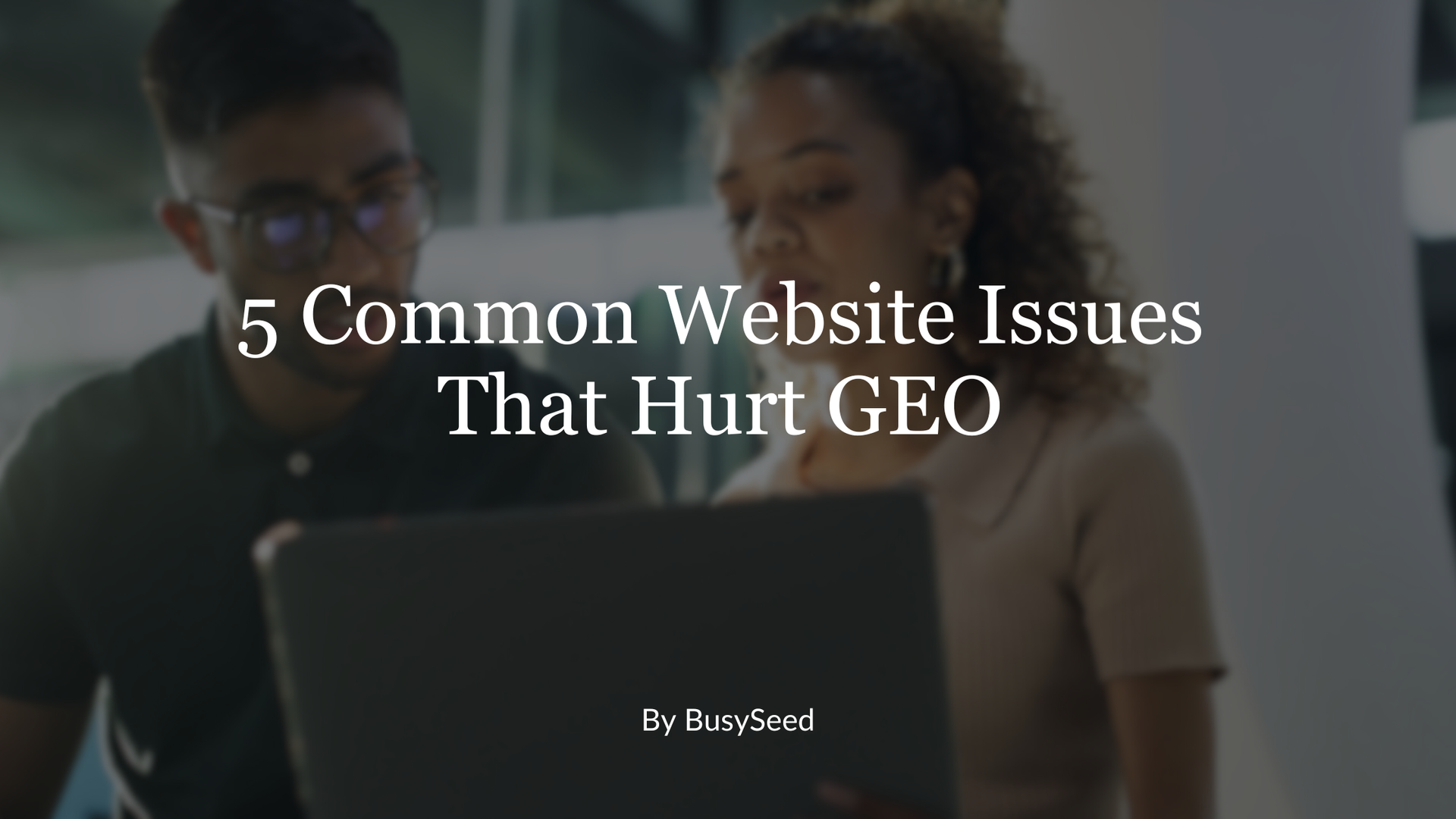Busyseed Lawsuit Guide to Social Media
In today's world, social media is an essential part of our daily lives. We use it to connect with friends and stay up-to-date on the latest news, trends, and gossip. Businesses and brands use it to increase their reach and engage with others. However, they must be careful, as social media can be a double-edged sword. It can help your brand grow and spread awareness, but it can also lead to legal trouble if you're not careful.
With the rise of social media over the past decade, more and more people are taking legal action against those they feel have wronged them. Whether it's an individual or business, there are several dos and don'ts when it comes to social media that can help you avoid getting embroiled in a lawsuit.
The BusySeed lawsuit guide to social media lawsuits will help you navigate the legal waters of social media. You'll learn how to protect yourself, your brand, and your reputation. Let's start by looking at the types of lawsuits on social media.

Copyright Infringement
First, let's look at the most common type of lawsuit related to social media: copyright infringement. Copyright laws protect the original, creative works that individuals and businesses produce. For example, music, movies, books, and artwork all fall under copyright protection.
In other words, you can't use an artist's song in your own advertisement without asking permission first.
The Digital Millennium Copyright Act (DMCA) is also important to be aware of when it comes to copyright infringement online. The DMCA badge on social media posts and sites informs users that the content is protected under copyright law. It's important to respect the badges and avoid using any materials or images that aren't your own on your company's social profiles, in your blog posts, and across other platforms.
Dos and Don'ts of Copyright Protection on Social Media
Do: Follow the terms of service and guidelines set forth by the platforms where you're posting. For example, Facebook has a strict policy against copyright infringement. They will remove any content reported for copyright infringement. You might even lose your account.
Don't: Use anyone else's copyrighted material without their explicit permission. This includes photos, videos, music, and other creative works you do not own yourself. If in doubt, it's best to err on the side of caution and simply avoid using any content that might be protected by copyright.
Do: Take advantage of royalty-free stock images and music. These are freely available online, and you can use them without worrying about infringing on anyone's copyright.
Don't: Forget to protect yourself by registering your copyrights with the US Copyright Office. This will ensure that you have the legal grounds to take action against anyone who infringes on your copyrighted work.
Tortious Interference
Our next BusySeed lawsuit tip for navigating the legal landscape of social media is to be aware of tortious interference. It occurs when one entity interferes with another's business relationships.
For example, let's say you're a small business owner who uses social media to promote your products and services. If someone sabotages your social media accounts, they would be committing tortious interference.
Another common example of tortious interference is when a competitor "shames" your business on social media. This could include posting fake reviews on Yelp or spreading negative rumors. These malicious activities could interfere with your ability to run your business effectively.
Dos and Don'ts of Avoiding Tortious Interference
Do: Be honest and transparent when using social media to promote your business. It will help build trust with your customers and prevent others from taking advantage of your goodwill.
Don't: Engage in underhanded tactics that might harm a reputation or disrupt a business, even if you are a competitor. Not only is this unethical behavior, but it can also open you up to legal liability if someone decides to take action against you.
Do: Take steps to safeguard your social media accounts. Protect yourself from malicious hacking or other online attacks. That can include using strong passwords, securing your devices, and backing up your data regularly.
Product Disparagement
Product disparagement is another legal issue that can arise on social media. It occurs when someone makes false claims about a product or service to harm the reputation of that product or service.
For example, let's say that you run an online review site where users rate and review different products. If you were to intentionally write negative reviews for certain products to drive down their ratings, you would be guilty.
As a business, you can't go around claiming that your competitors' products are bad or that their services aren't up to your standards. However, you can try to build a strong reputation for yourself by focusing on the quality of your product.
Do's and Don'ts of Product Disparagement
Do: Be transparent about your own product. Emphasize the positive aspects of your business rather than focusing on what you don't like about your competitors.
Don't: Mention competitors by name in social media posts or engage in outright product disparagement. If you must compare yourself to others, use terms like the following.
"We are 15% more resistant than the next leading brand," or "Our software is faster, easier to use, and more reliable than our competitors."
Defamation and Libel
Defamation and libel are legal issues that often arise on social media. It happens when someone publishes false or damaging information about an entity. Defamation usually occurs in the form of posts, reviews, tweets, or comments. But it can also involve more subtle forms of communication like private messages or even memes.
Politicians, celebrities, and other public figures are especially vulnerable to defamation. They often have a lot of followers on social media who may be more likely to believe negative information about them.
Dos and Don'ts of Defamation and Libel
Do: Always be careful about what you post on social media. Especially if there is the potential to harm someone's reputation or disrupt their business. Understand that your words have power, and make sure you use that power responsibly.
Don't: Engage in hate speech or spread rumors or lies about others. Not only could you be opening yourself up to legal liability, but you are also damaging your reputation by engaging in these unethical behaviors. Remember that as a business owner, you are a role model for others and should always strive to act with integrity and compassion.
The Right of Publicity
The last BusySeed lawsuit to consider is the right of publicity. This legal issue deals with using an individual's name, image, or likeness without their permission for commercial purposes. You might see this come up if a business uses an individual's photo on its website or social media profiles without permission.
For example, a business may claim that a celebrity has endorsed its product. But then we find out that said celebrity had not given any kind of approval or agreement.
Dos and Don'ts for Navigating the Right of Publicity
Do: Always get permission from people before using their name, image, or likeness in any way. This is especially important if you are using an individual's photo on social media. A large number of people may see this, and it could damage that person's reputation.
Don't: Lie about having the endorsement of an individual or company. If you falsely claim that someone is endorsing your product, you could open yourself up to a defamation lawsuit. Always be honest and transparent with your audience, even if it means admitting that someone has turned down your request for an endorsement or sponsorship.
What To Do If You're Already Sued?
Is it too late to take pre-emptive action? Fear not; the BusySeed lawsuit guide can help you navigate this situation if it arises. Regardless of which lawsuit you are facing, your first step should be to consult with a qualified attorney. They will be able to review the specifics of your case and help you assess what your next steps should be.
It is important to remain calm and collected during this time. Avoid engaging in inflammatory or antagonistic behavior on social media. It will only further exacerbate the situation. Instead, focus on building a solid support system of friends and colleagues. They can help you maintain your reputation in the face of this challenge.
Social Media Reputation Management
From a business standpoint, social media reputation management is essential. Whether you're a small business owner or the CEO of a large corporation, it's important to understand how your online presence can affect your bottom line. A lawsuit is likely to damage your reputation, but you can mitigate this impact and turn the situation around by engaging in effective social media reputation management strategies.
Start by monitoring your online presence regularly. This can help you stay on top of any potential issues and quickly address them before they spiral out of control. It will also help if you remain proactive in engaging with your audience and building relationships with your followers.
Conclusion
Whether we like it or not, lawsuits and other legal issues are a growing part of our online world. As social media continues to evolve, it's important for business owners and individuals alike to understand what types of lawsuits can arise in this space. With the right knowledge and proactive strategies, you can successfully navigate this minefield and protect your reputation online.
Note that our BusySeed lawsuit guide is not meant to provide legal advice. Always consult a qualified attorney if you are facing a legal issue or lawsuit on social media.











